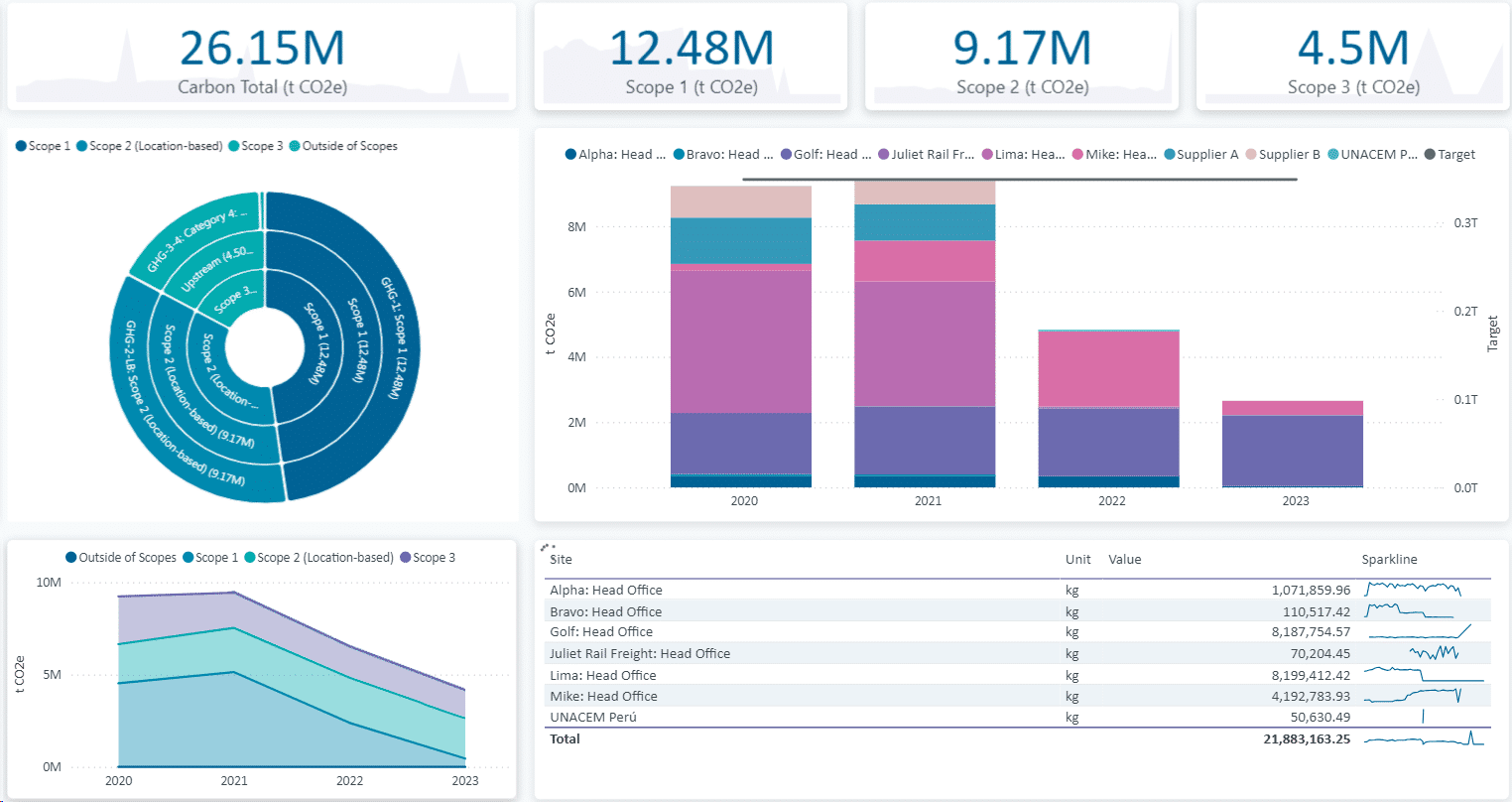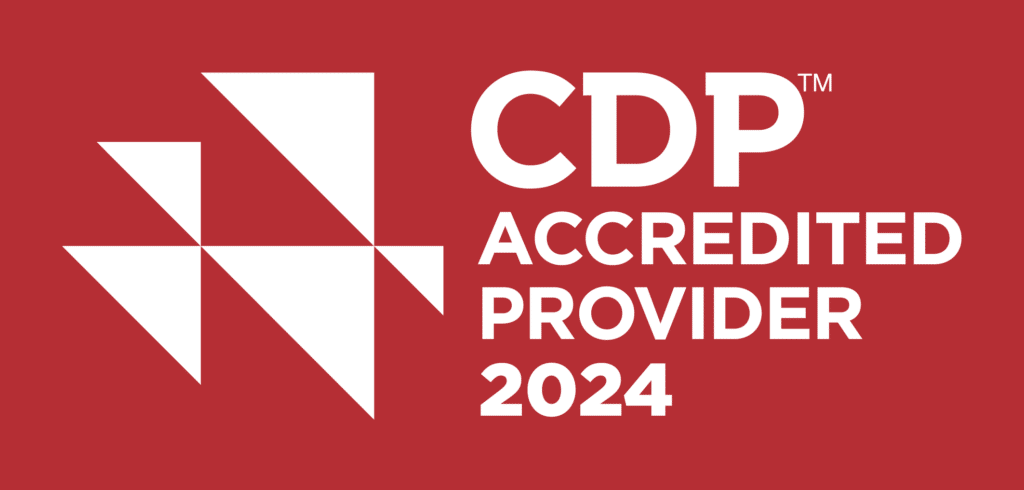What Is CDP Reporting?

CDP (formerly Carbon Disclosure Project) is one of the most recognized and commended reporting frameworks in the ESG and sustainability universe, focusing on key areas such as greenhouse gas emissions, water usage, deforestation, and plastics. CDP is a not-for-profit charity focused on encouraging environmental reporting to curb the catastrophic effects of climate change. Companies will submit environmental impact data each year for the year prior and receive a score from CDP.
Why Is CDP Reporting Important?

Investor Demand
Over 700 financial institutions representing US$142+ trillion in assets are requesting 33,000+ companies to disclose to them through CDP in 2024. In 2023, over 23,000 companies disclosed through CDP representing about two-thirds of the global market cap.
Customer Demand
Through the CDP Supply Chain membership, more than 330 organizations with more than US$6.4 trillion in procurement spending requested thousands of suppliers to disclose through CDP in 2023.
Environmental Risk Management
The practice of evaluating climate and environment-related impacts through the CDP framework helps organizations identify risks and opportunities that may have otherwise gone unnoticed. Seven out of 10 companies agreed that disclosure through CDP helped them learn more about their environmental impact and impact management in a 2023 survey.
Support Regulatory Compliance
CDP reporting aligns with major standards and frameworks including the IFRS S2, ESRS, and TCFD, which are the basis for many major regulations across the world. This alignment helps reduce duplicate work when looking to comply with multiple regulatory disclosure requirements.
Reputation and Transparency
Demonstrating a commitment to sustainability through CDP reporting can enhance a company’s reputation and build trust with stakeholders.
Key Components of CDP Reporting
Climate Change
Organizations report on their greenhouse gas emissions, climate-related risks, and opportunities. This includes both direct emissions (Scope 1) and indirect emissions (Scope 2 and 3).
Water Security
Through the CDP Supply Chain membership, more than 330 organizations with more than US$6.4 trillion in procurement spending requested thousands of suppliers to disclose through CDP in 2023.
Forests
The practice of evaluating climate and environment-related impacts through the CDP framework helps organizations identify risks and opportunities that may have otherwise gone unnoticed. Seven out of 10 companies agreed that disclosure through CDP helped them learn more about their environmental impact and impact management in a 2023 survey.
Plastics
CDP reporting aligns with major standards and frameworks including the IFRS S2, ESRS, and TCFD, which are the basis for many major regulations across the world. This alignment helps reduce duplicate work when looking to comply with multiple regulatory disclosure requirements.
Biodiversity
Demonstrating a commitment to sustainability through CDP reporting can enhance a company’s reputation and build trust with stakeholders.

Comprehensive and Efficient Emissions Reporting

CDP Scoring
Organizations report on their greenhouse gas emissions, climate-related risks, and opportunities. This includes both direct emissions (Scope 1) and indirect emissions (Scope 2 and 3).
Reporting Period
Through the CDP Supply Chain membership, more than 330 organizations with more than US$6.4 trillion in procurement spending requested thousands of suppliers to disclose through CDP in 2023.
Partner with a CDP Accredited Software Provider
The practice of evaluating climate and environment-related impacts through the CDP framework helps organizations identify risks and opportunities that may have otherwise gone unnoticed. Seven out of 10 companies agreed that disclosure through CDP helped them learn more about their environmental impact and impact management in a 2023 survey.
Register and Prepare
CDP reporting aligns with major standards and frameworks including the IFRS S2, ESRS, and TCFD, which are the basis for many major regulations across the world. This alignment helps reduce duplicate work when looking to comply with multiple regulatory disclosure requirements.






